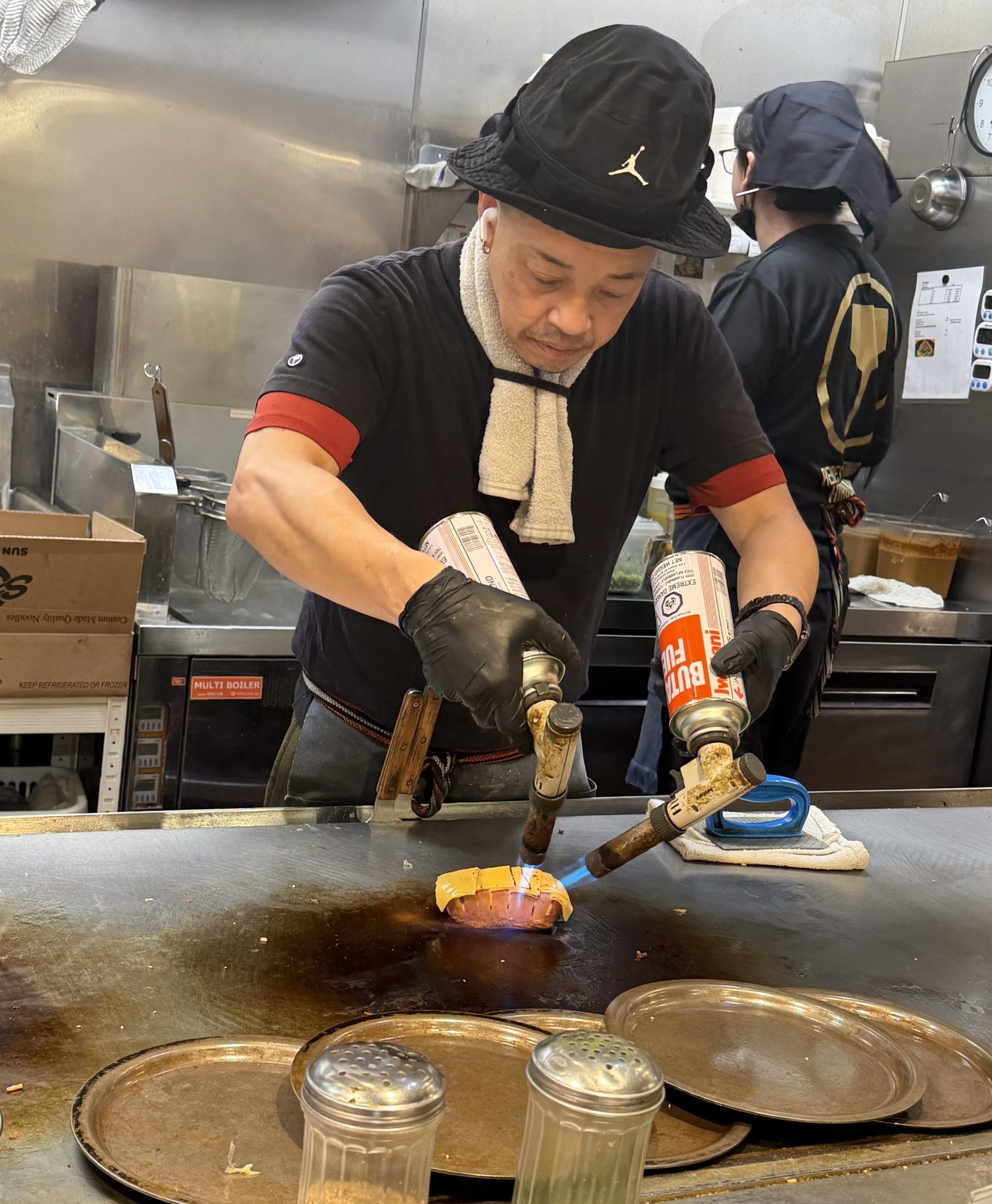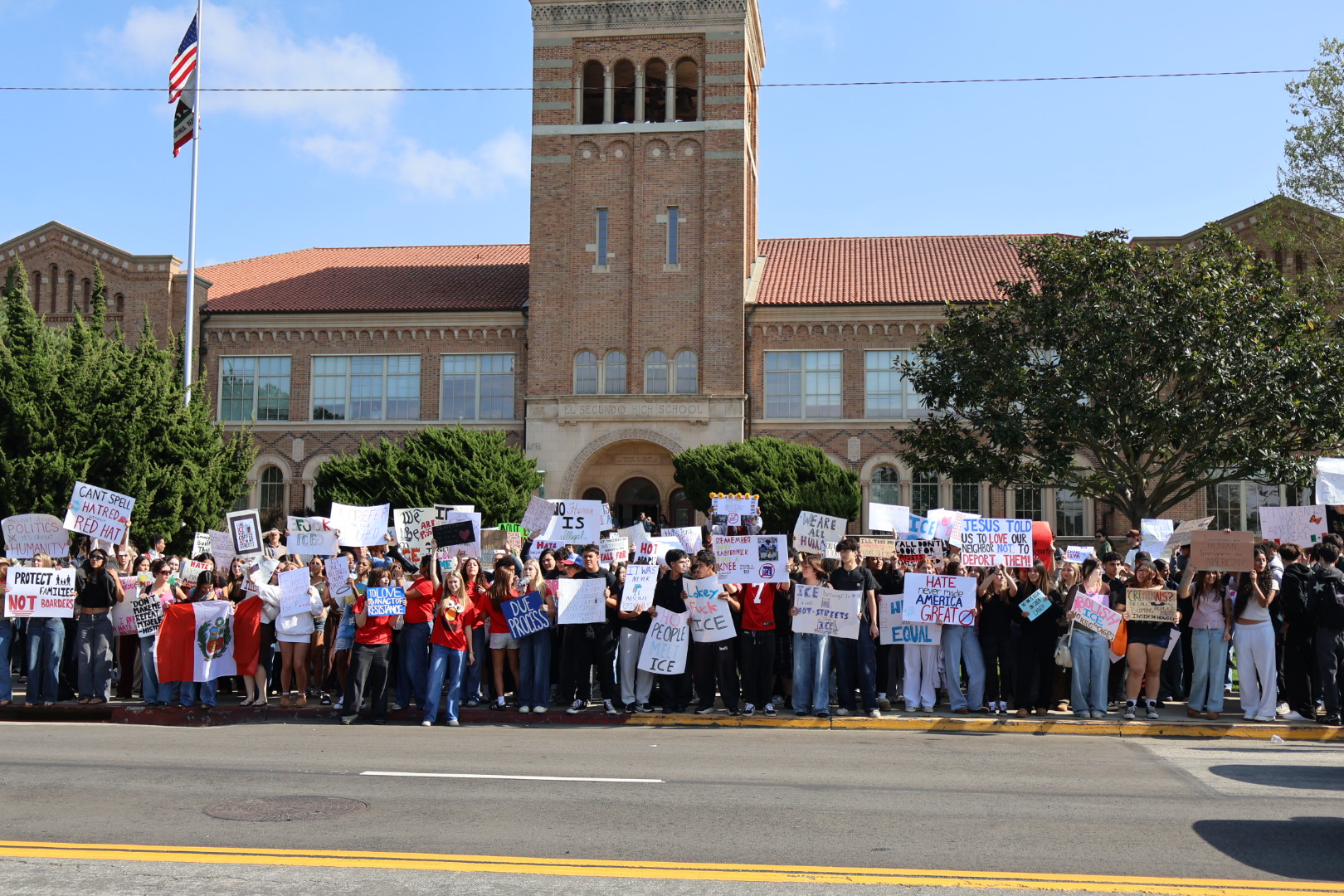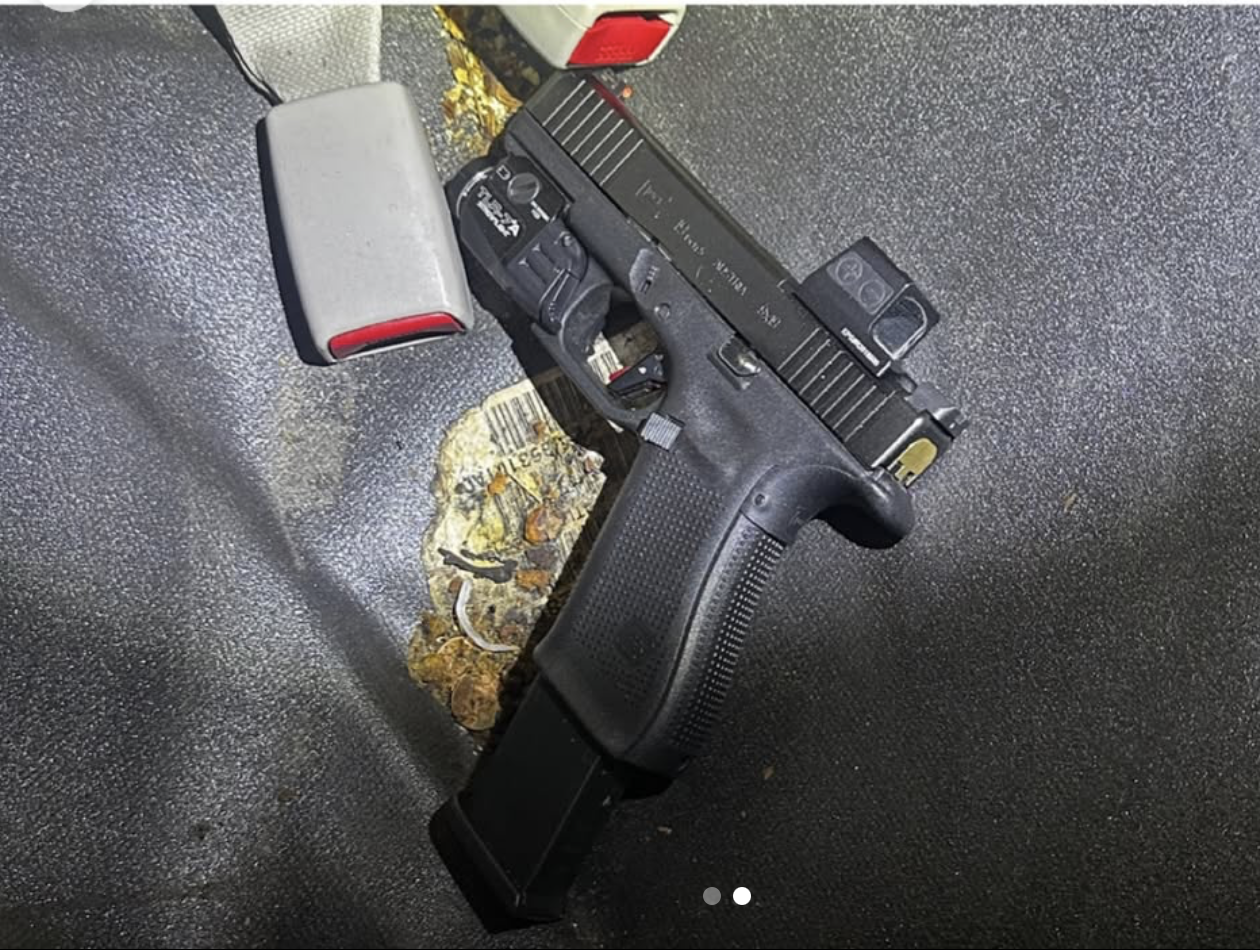In an effort to reduce the number of unlicensed cabs picking up fares in Hermosa Beach, police department officials are planning to conduct “bandit cab” stings downtown and would like to make a major increase in the fine for illegal taxis.
Ennis Jackson, the city’s community services administrative coordinator, is seeking to increase the fine for illegal taxis from $50 to $1,100. Jackson said complaints from licensed taxi drivers has recently reached a “crescendo.”

Most taxi passengers find a cab at the Pier Plaza taxicab stand on Hermosa Avenue at 11th Street, which is designed to function like a typical taxicab stand, with vehicles moving forward as passengers climb into the first cab in line. Taxi drivers waiting in line said that bandit cabs typically steer clear of the plaza taxicab stand and pick up fares elsewhere downtown.
“We don’t know anything about those (unlicensed) drivers’ histories,” Jackson said. “We don’t know if vehicles are insured or if the vehicle is mechanically sound or the rate they are charging a passenger.”
In 2009, one citation was written for operating an illegal taxi. Four were written in 2010, and two in 2011. So far in 2012, none have been issued, said Lt. Tom Thompson.
In addition to increasing the fine amount, the police department is planning bandit cab stings.
Lt. Garth Gaines said the department plans to put undercover officers out in the downtown area to see if unlicensed cabs pick them up.
Any cab is allowed to drop off passengers in the city. But in order to pick up fares in Hermosa Beach, they are required to be licensed, which costs $1,100 per year per cab, evidenced by a Hermosa Beach sticker on the back of the vehicle.
“The problem is when people come into town in an unlicensed cab, and that cab will drop them off downtown and there will be someone standing there waiting, and they will hop in that cab and take off. That guy is not supposed to pick up passengers,” Gaines said.
Gaines said the taxicab stand works better now than when it was established last year, with fewer people and cabs cutting in line.
“But we just don’t have room for it to really function. We don’t have room for all the cabs,” Gaines said. “On a busy Friday or Saturday night, there are 40 or 50 cabs running around. There’s no where to line up that many cars here in Hermosa. A site increase would be great but we really just don’t have the real estate to do it.”
Along with the taxicab stand off the plaza, two smaller areas for passenger pick-up were created in the 1300 block of Manhattan Avenue and in the 1300 block of Hermosa Avenue.
“Taxis cut down on our drunk drivers,” Gaines said. “We wish more people would use them because we obviously have a drunk driver problem. We arrest quite a few,” Gaines said. “[The taxis] have cut down on the number of serious accidents, and if more people would use them we’d be better off.”
In 2011, 272 motorists were cited for driving under the influence in Hermosa Beach, and 243 in 2010, Gaines said.
Jackson said he believes an appropriate fine for bandit cabs is the amount that franchised taxi drivers pay for a yearly license: $1,100. The current fine of $50 for operating an illegal taxi is not a deterrent, and bandit cab drivers consider that amount as part of the cost of doing business, Jackson said.
Taxi drivers pay a $25 taxi permit fee for the actual permit, a “life-scan” fee ranging from $47-$52 that includes fingerprinting the driver, and another $25 for the production of the taxi driver identification card— all of which the driver pays personally, Jackson said.
The city licenses 160 taxis through franchise agreements with four cab companies: All Yellow Taxi, Bell Cab Company, South Bay Yellow Cab and United Independent Taxi. The $1,100 yearly license per cab is paid by either the company or the driver.
“It depends on the cab company. I’m told some cab companies will just absorb that (yearly license) fee altogether, but some cab companies make the driver or the owner of the cab pay that fee,” Jackson said.
Increasing the fine for illegal taxis would put Hermosa Beach in line with other cities, Jackson said.
In Manhattan Beach, yearly taxi cab franchise licenses cost $879 per vehicle. Drivers of illegal taxis are cited with a misdemeanor, and first time offenders usually end up paying about $500, said Steve Charelian, revenue services manager for Manhattan Beach.
Like Hermosa Beach, Redondo Beach licenses 160 cabs in the city. The fee for a yearly franchise license is $500 for a low-emission vehicle and $700 for a regular gasoline-powered car. Redondo Beach does not have a fine for bandit cabs, said Joyce Rooney, transit operation and transportation facilities manager for Redondo Beach.
The city of West Hollywood, which licenses 569 cabs, conducts regular bandit cab sting operations with the Los Angeles Sheriff’s Department, said the city’s taxi specialist, Rob Winrader. A yearly taxi vehicle license costs $1,215, and drivers cited for operating illegal cabs can pay about $1,200 in fines, Winrader said.
In Los Angeles, which has 2,360 licensed taxis and 3,700 active drivers, the total costs come out to about $1,500 for bandit cab operators, said Tom Drischler, taxi cab administrator for L.A. Court costs for the misdemeanor citation usually come out to about $400, and a vehicle impounded for a month costs the owner about $1,100, Drischler said. Since 2009, about 1,000 illegal taxis have been impounded a year in L.A., according to records.
Cited bandit cab owners appear before a judge, and about 90 percent of the time they are unable to prove there wasn’t probable cause for the citation, Drischler said.
Jackson said the decision to increase the fine is up to the city council, which is expected to receive the proposal within the next couple of months.








